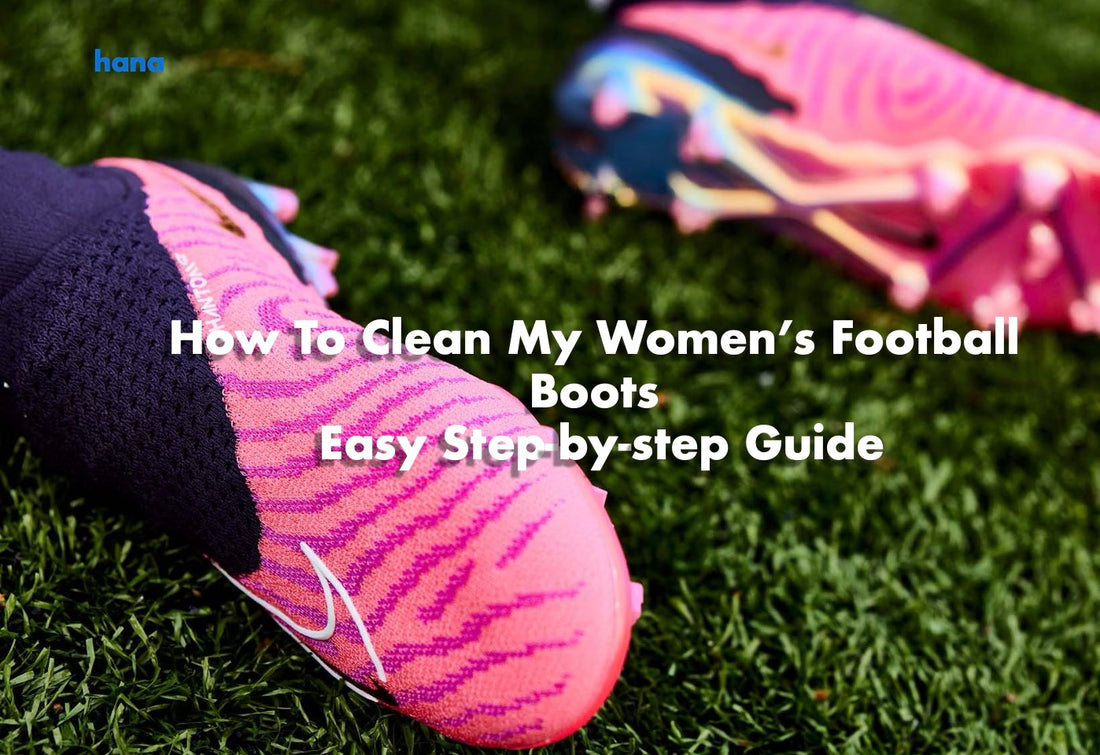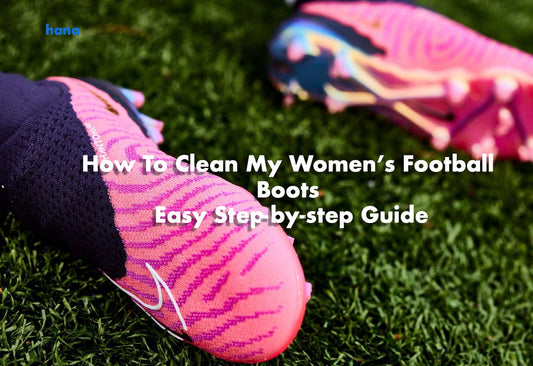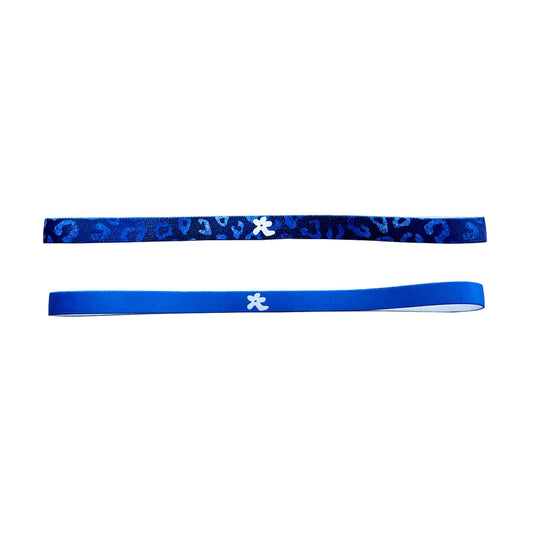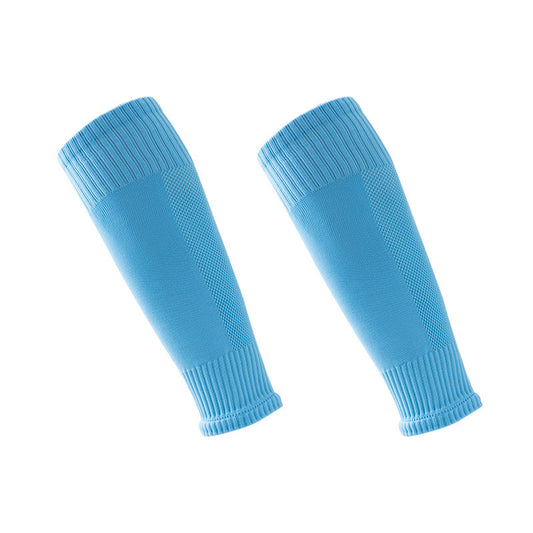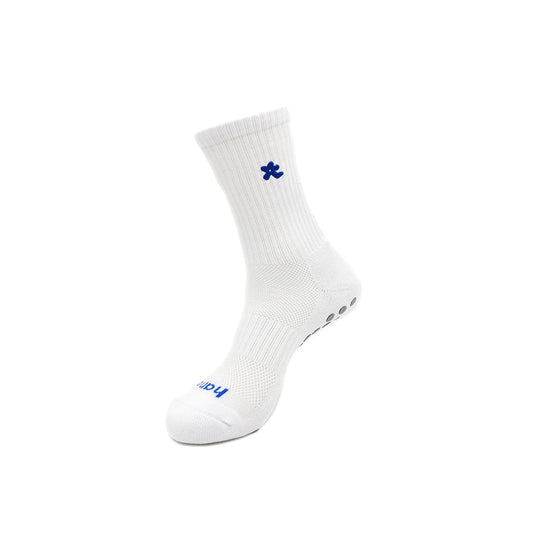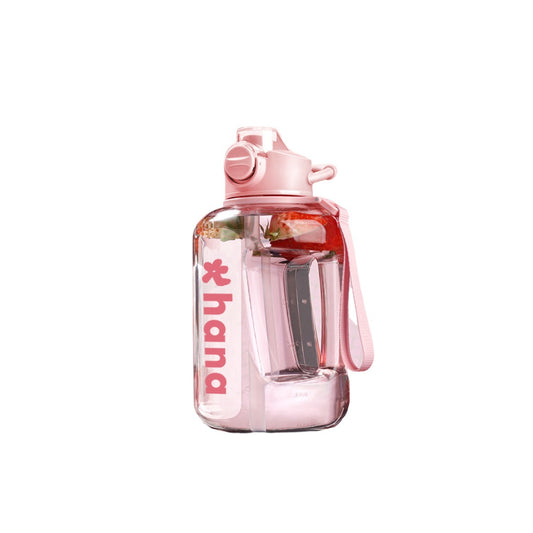Properly cleaning your women's football boots is essential for maintaining their performance, durability, and appearance. No worries, it won’t take you so many time to get your women's football boots as clean as new, just follow this effective cleaning guide.

Clean My Women’s Football Boots
1. How Often Should You Clean
-
For Longevity:
Regular cleaning prevents the buildup of dirt and grime, which can degrade the materials of your boots over time. Therefore, to prolong the lifespan of your football boots as much as possible, we recommend that you simply clean the soles and uppers after each match or training session before putting them back into your football bag.
-
For Performance:
Clean boots provide better traction and control, helping you perform at your best. Especially after playing on natural grass, your soles and studs will definitely be covered in a lot of mud. If you play on a 3G artificial turf with infill, the soles and uppers can easily be worn down by the pitch infill. Therefore, we still recommend a simple wipe and removal of dirt after each use.

-
For Hygiene:
The inside of your boots, during a match or training session lasting 1 to 2 hours, is in a warm and moist environment, which makes it very easy for bacteria to grow. It is these bacteria that cause your boots to smell after multiple uses. Therefore, we suggest removing and washing the insoles every 2-4 weeks. While good football socks can prevent odours and bacteria, but removing dirt and sweat is fundamental to prevent unpleasant odours and bacterial growth.
2. Step-by-Step Cleaning Guide
-
Step 1: Remove Excess Dirt and Mud
After a match or training session, your boots will likely be covered in dirt and mud. Follow these steps to remove it:
Brush Off Dirt: Use a soft brush or an old toothbrush to gently brush off dried mud and dirt from the surface and sole of the boots.

-
Step 2: Remove the Laces and Insoles
Insoles: Remove the insoles to clean them separately and to allow the inside of the boots to dry thoroughly. Remember, most football boots have removable insoles, so just putting the insoles in the washing machine is enough. Putting the entire boot in the washing machine can not only damage the studs and harm the machine but is also not hygienic.

-
Step 3: Clean the Uppers
Identify the material of your boots (leather, synthetic, or mesh) to determine the appropriate cleaning method.
Leather boots: Use a damp cloth with a mild soap solution to wipe down the surface. Avoid soaking leather boots in water.

Synthetic: Synthetic materials can be cleaned with soapy water. Scrub gently to avoid damaging the surface.

Other: For uppers made of other materials, gentle cleaning is usually sufficient. Generally speaking, modern football boots are fairly durable and water-resistant. Apart from leather uppers, which require special care due to their material, other types of uppers can be washed with water.
-
Step 4: Clean the Soles
Scrubbing: Use a brush to scrub the sole of your boots. Pay special attention to the studs or cleats, as dirt buildup can affect traction.If you have a garden hose with a spray nozzle, you can simply rinse the soles directly. As long as you don't cause serious damage to the soles and studs, this cleaning step can be done in the most convenient way possible.
-
Step 5: Drying the boots

Stuffing: Place newspaper or paper towels inside the boots to help absorb moisture and maintain their shape.

Prevent Discolouration: If your football boots are white, it's best to cover the uppers with kitchen paper when drying them. This can effectively prevent the uppers from oxidising and turning yellow. Additionally, this tip can also be used for leather uppers to prevent cracking.
3. Additional Tips
In addition to regular cleaning, maintaining cleanliness and hygiene inside the shoes is also crucial for protecting your feet. Commonly available deodorising and antibacterial sprays are excellent choices. Simply spraying them after each game can ensure your shoes remain fresh and hygienic.

